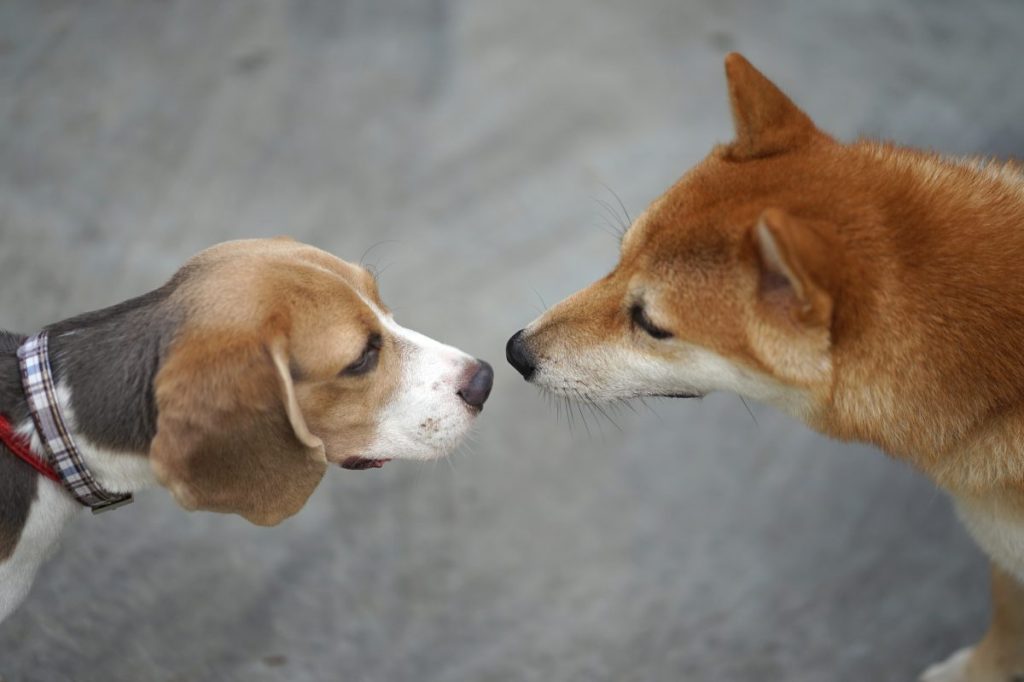Socialization plays a pivotal role in shaping a dog’s behavior, temperament, and overall well-being. Early and ongoing socialization provides opportunities for positive interactions, fostering a confident, friendly, and well-rounded furry friend. We’ll delve into the significance of socialization for dogs and how it contributes to their physical, mental, and emotional development.








